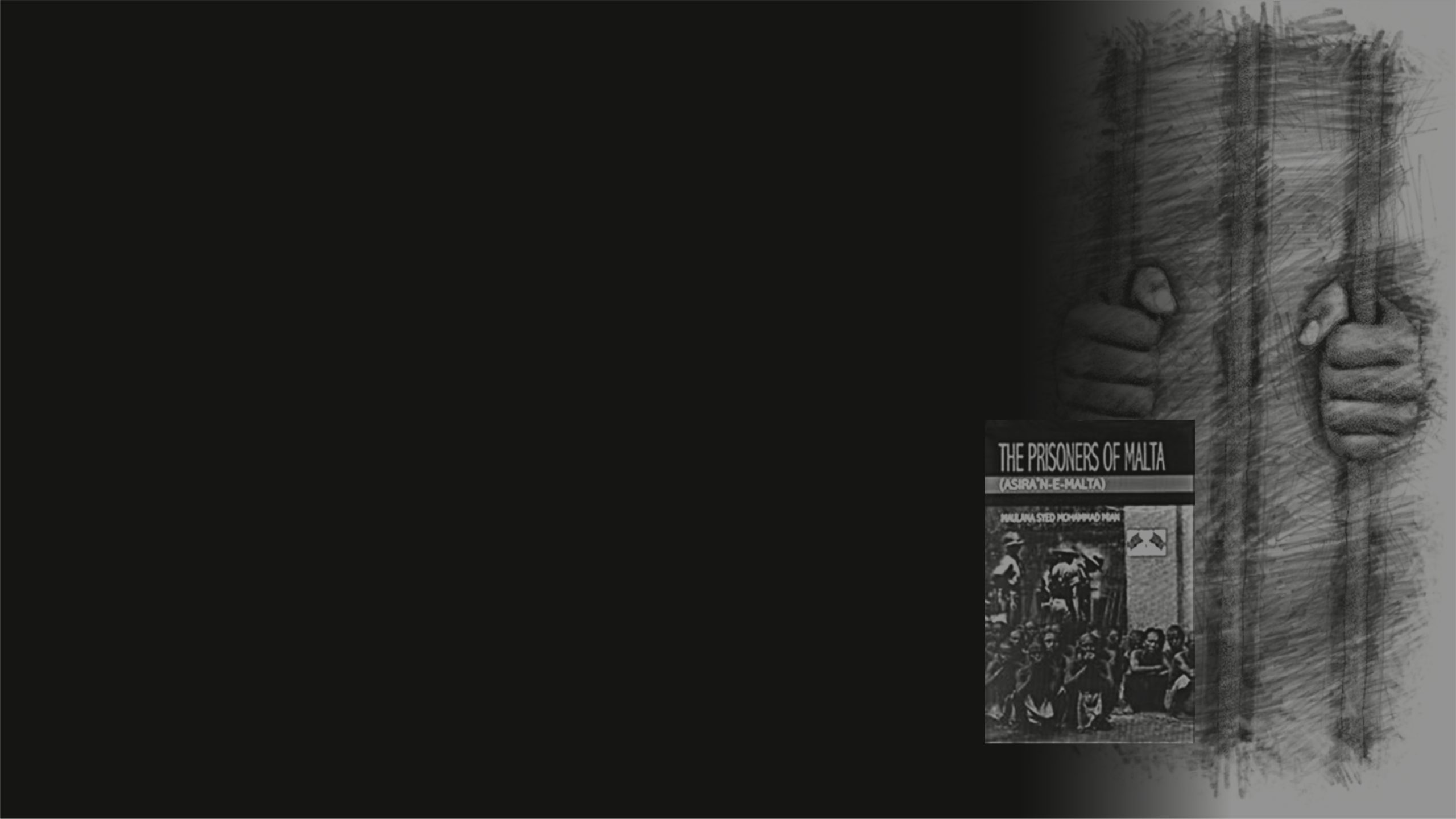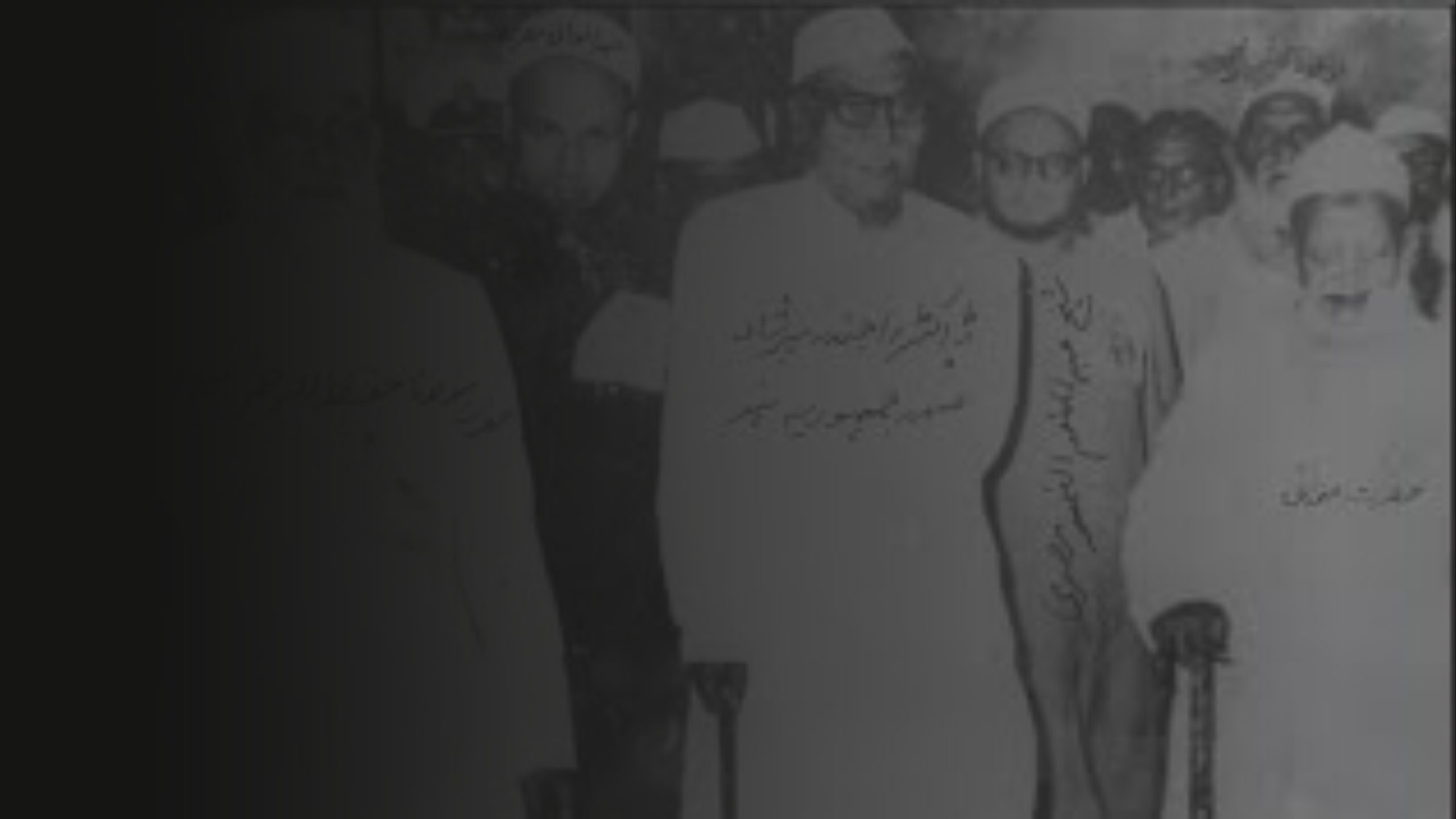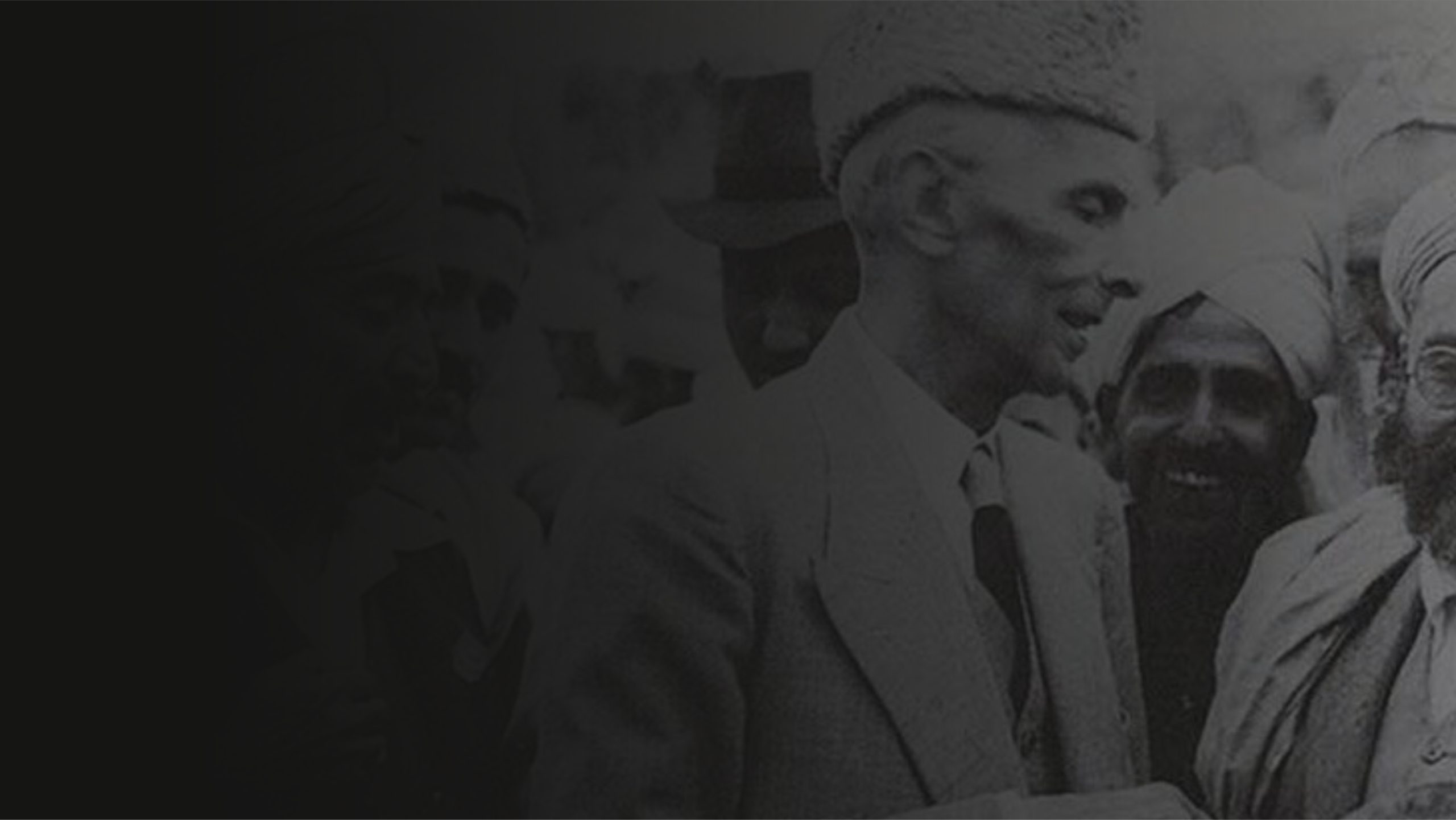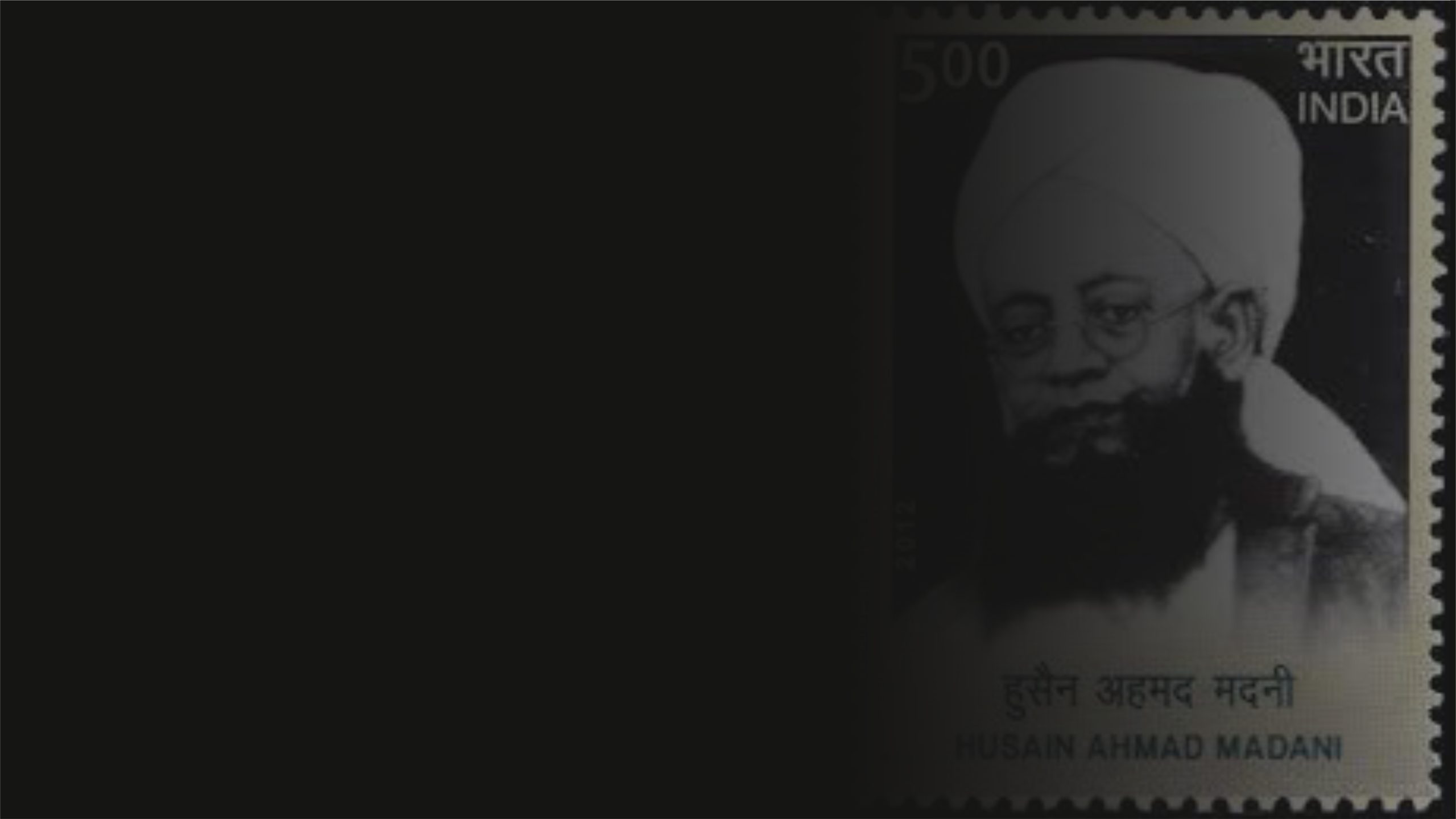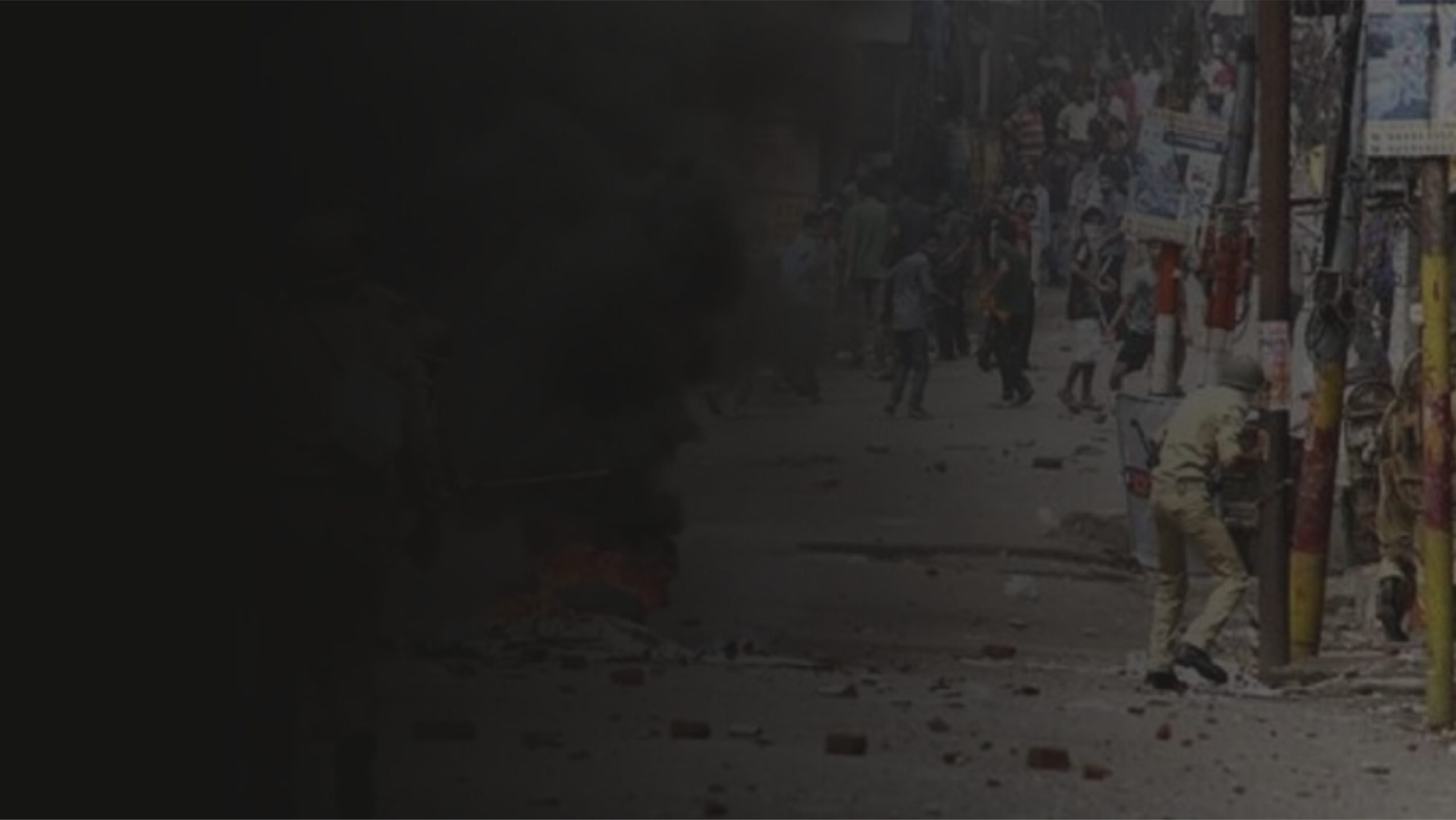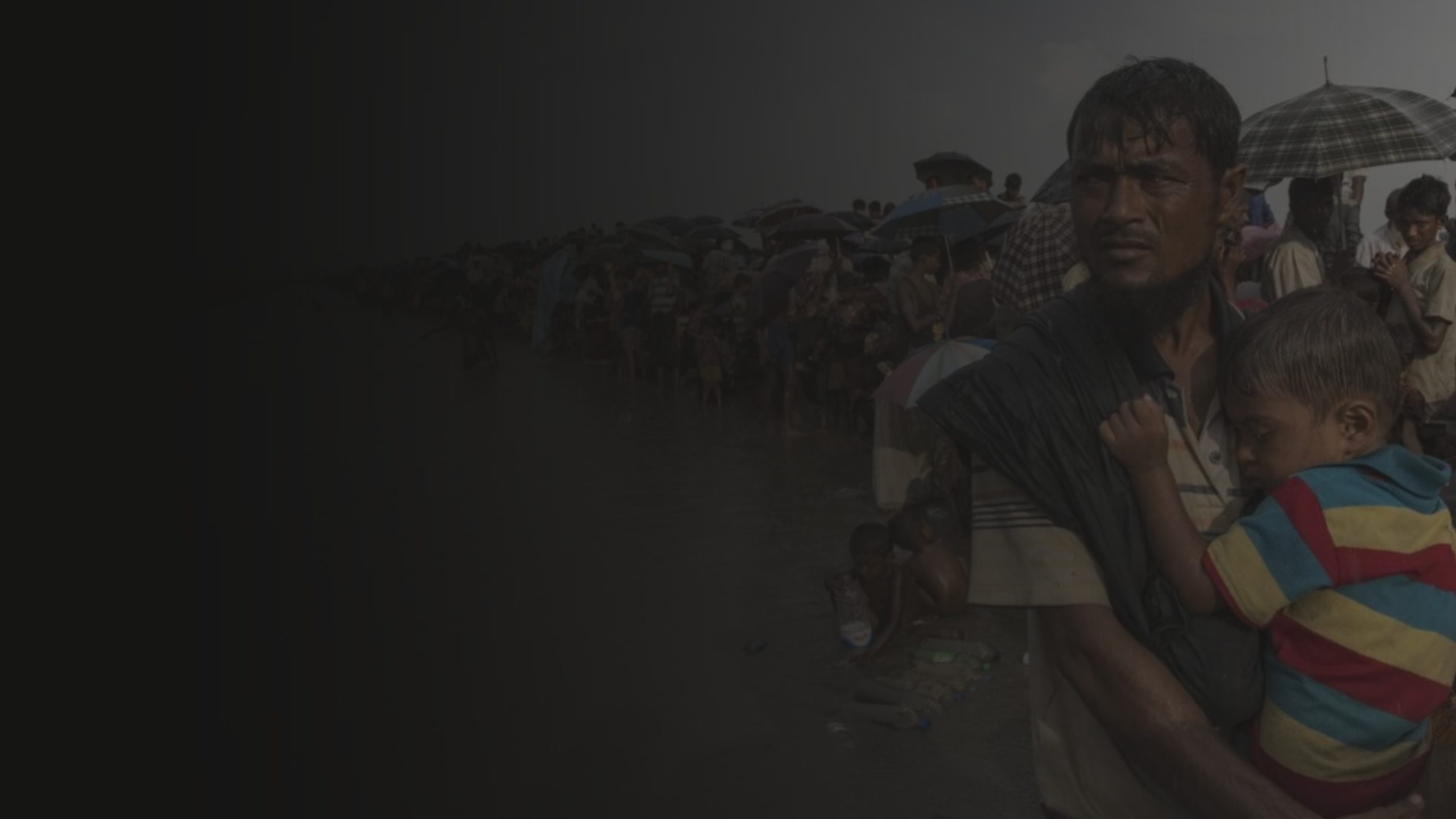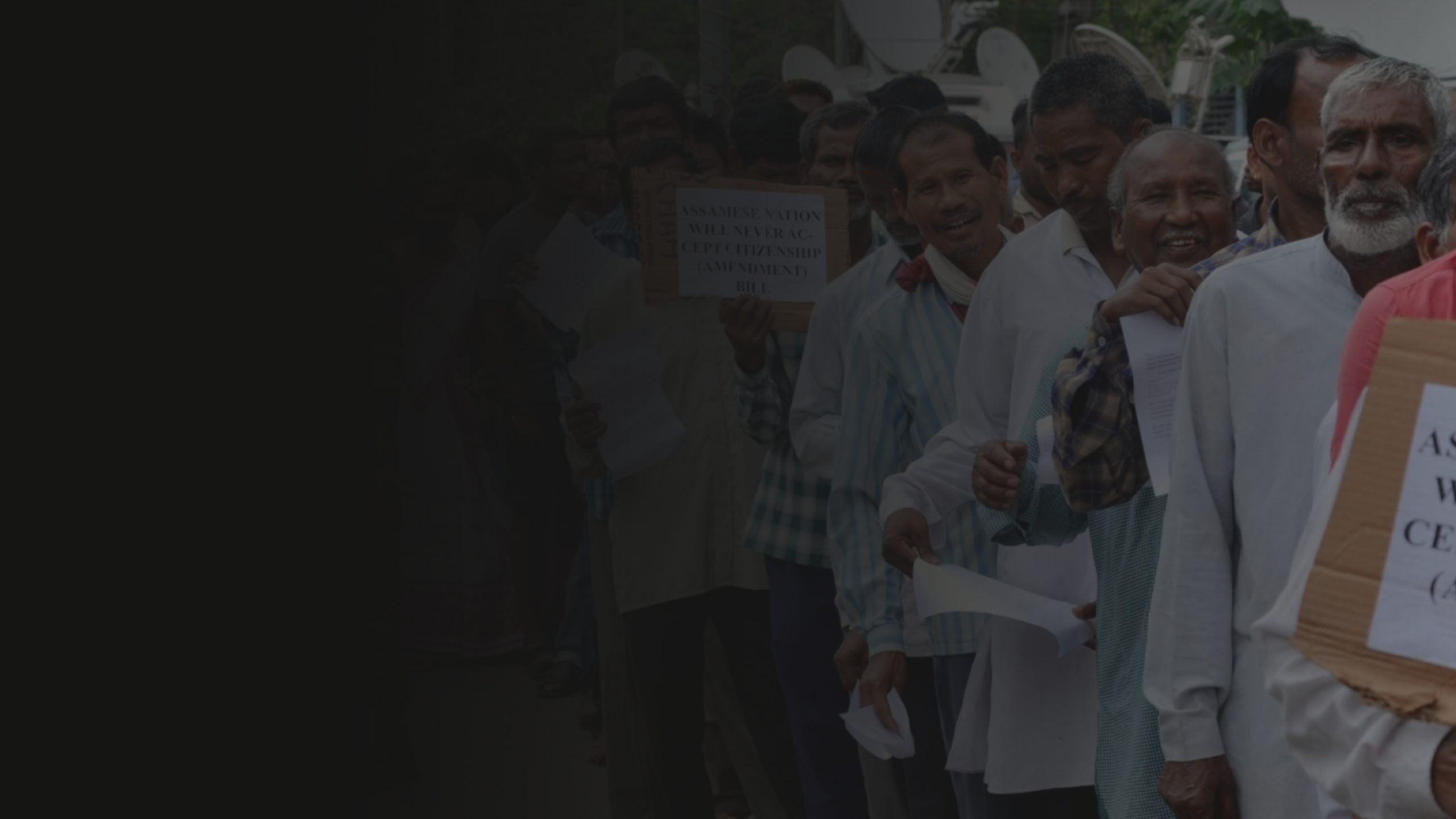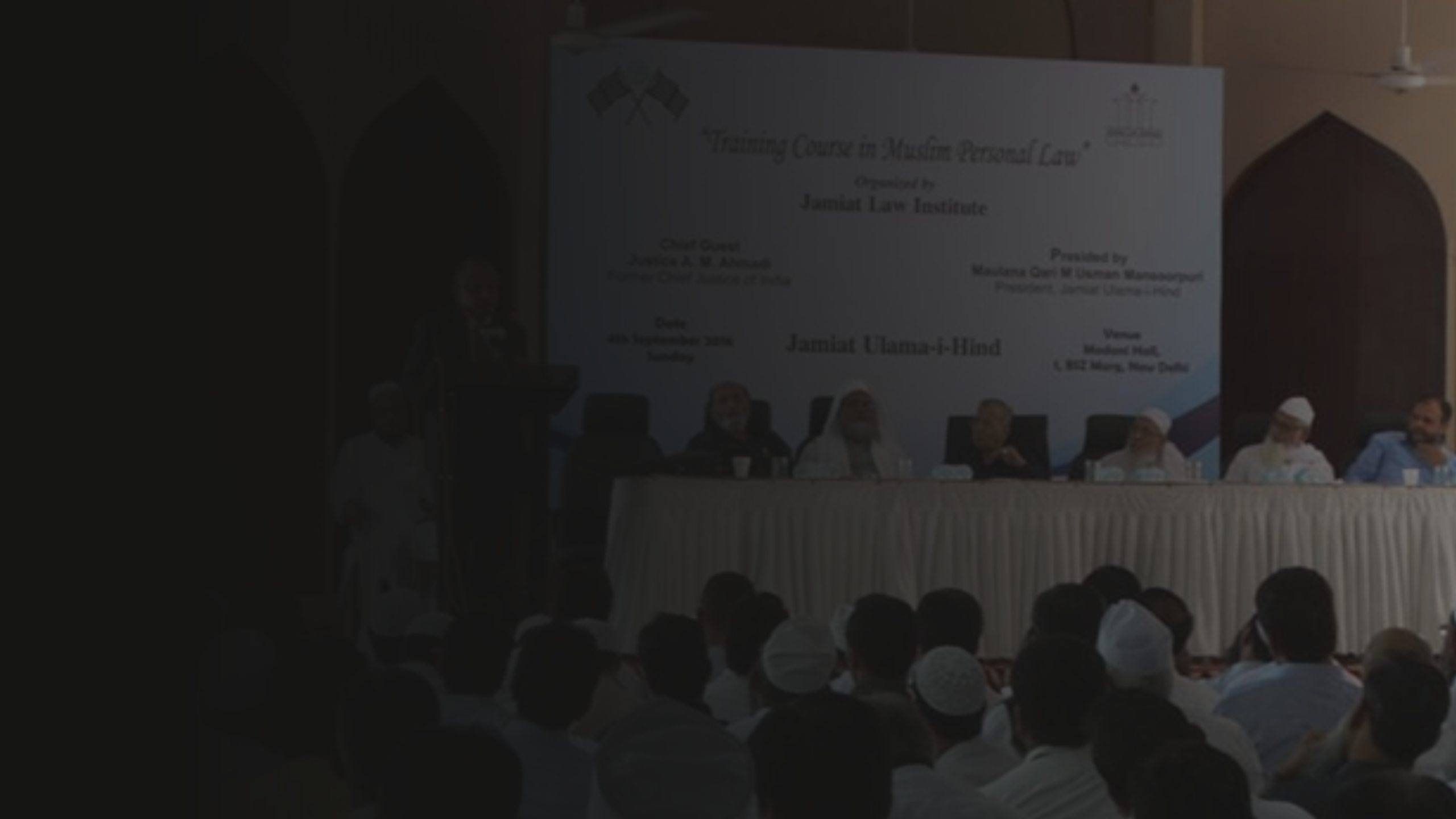Our Journey
1913 - 1920
1916 - 1920
1919
1920
1919-1924
1924
1928
1930
1930
1932
1936-37
1938
1938
1940
1947
1954
1948
1954
1979
1981
1983
1984
1986
1987
1989
1993
2001-2004
2005
2008
2012-13
2013
2017
2017
2017
75 cities
30,000 families
100 years
As the First World War broke out in 1914, Shaykh al-Hind Maulana Mahmud Hasan, the revered teacher of Dar al-Ulum Deoband, viewed it as an opportune moment to challenge the British suzerainty over the country.
After their detainment in the Hijaz, Shaykh al-Hind, Maulana Husain Ahmad Madani and a few of their compatriots were forcibly taken to Egypt where they were interrogated for several days.
After the failure of the Silk Letter Movement, on the occasion of the Khilafat Conference in Delhi in November 1919, the ulama resolved to constitute the Jamiat Ulama-i Hind.
The history of the illustrious institution of Jamia Millia Islamia, counted among the topmost universities in the country today, can be traced back to the euphoria of the Khilafat and non-cooperation years.
The two movements are always spoken of in the same breath. Together they reiterated Hindu-Muslim unity, and went on to become a formidable force against the British.
The Fifth Jamiat Conference was held at Kakinada in 1924. Its special significance lies in Maulana Husain Ahmad Madani demanding complete independence. This declaration, in fact, preceded that of the Congress by a full five years.
Following the Congress’ decision to boycott the Simon Commission ‘at every stage and in every form’, Secretary of State for India Lord Birkenhead threw a challenge to Indians to come up with their own constitution—one that the nationalists accepted.
Around the time of the Salt March, sensing the growing power and influence of the Jamiat, the British Government banned its newsletter, al-Jamiat, and confiscated its security deposit.
In order to compel the British to withdraw from India, Gandhiji was authorized by the Congress to launch the civil disobedience movement at a time and place of his choosing, in a fashion that would convince the British oppressors to finally move out.
The mutual cooperation between the Indian National Congress and the Jamiat made them into a formidable front for the British. Despite the threat of arrest looming large,
In 1936, the Muslim League and the Jamiat entered into a pact with a view to forming a united front in the forthcoming elections. Up until that time, the Muslim League was a predominantly aristocratic party
The Jamiat’s key tenet of religious tolerance is based on Shaykh al-Islam Maulana Husain Ahmad Madani’s theory of united nationalism, as expounded in the book Mutta?idat Qawmiyyat awr Isl?m (United Nationalism and Islam, 1938).
While playing a major role in the Indian freedom struggle, the Jamiat was also alive to the needs and demands of other Muslim nations in their quest for freedom and justice from oppressive regimes.
In 1940, Muhammad Ali Jinnah announced his intention to implement the Two-Nation Theory using the following words: ‘India cannot be assumed today to be a Unitarian and homogenous nation, but on the contrary, there are two nations in the main—the Hindus
The euphoria of our newly-minted freedom was short-lived. Independence in 1947 was accompanied by one of the worst-ever incidents of communal rioting in the wake of the Partition.
Shaykh al-Islam’s unconditional love for his motherland India was reiterated when he declined one of the nation’s most prestigious awards, the Padma Vibhushan, saying that serving his country was his duty
When the situation in the newly-independent India became slightly stabilised, the Jamiat called a people’s conference in Lucknow to reassure the Muslim community about its future in India.
The migration of Muslims from India to Pakistan resulted in the abandonment of many mosques and waqf properties, which were quickly occupied by Hindus arriving from Pakistan.
The rise in the number of communal incidents under the Janata Party, and its extremely callous attitude in quelling them, prompted the Jamiat to launch a civil disobedience movement from 9 July 1979 onwards.
The Jamiat has been in the forefront of the struggle for protecting the minority status of Aligarh Muslim University ever since the government tried to interfere with its autonomy in 1965.
The question of illegal Bangladeshi immigration has always been a strongly emotive issue in Assam. Yet it is also true that Muslims that are genuine citizens of the country have been frequently harassed
In the 1980s, madrasahs came under attack from communal forces which accused them of harbouring secret ties with Muslim nations and illegally bringing foreign funds into the country.
In the 1980s, there existed a real danger of the government proceeding towards a ‘uniform civil code’ under the directions of the Supreme Court. This was despite the fact that such a step
To reinforce his power and to propagate the illusion of an Islamic renaissance in the aftermath of the Iranian Revolution, Ayatollah Khomeini hatched a conspiracy whereby Iranian pilgrims
By the end of the 1980s, people were being mobilized towards the Ram Janmabhoomi movement which resulted in terrible communal riots erupting in different cities, including Faizabad, Muzaffarnagar, Aligarh,
In the aftermath of the Babri Masjid demolition, communal violence erupted in several parts of the country, including Bombay, Surat, Kanpur, Ahmedabad, Delhi and Bhopal.
Gujarat witnessed two devastating tragedies at the start of the millennium with the earthquake in 2001 and the Gujarat riots of 2002, collectively causing the loss of thousands of lives, leaving many others injured,
When a massive earthquake shook northern Kashmir in 2005, resulting in the deaths of thousands of people. In 2005 a massive earthquake shook the mountainous region of Pakistan, resulting in the deaths of thousands and the displacement of millions.
This was no ordinary train. On 6 November 2008, bedecked with flowers and posters and the customary black and white stripes of the Jamiat, the eighteen-coach ‘Peace Train’ flagged off from Deoband carrying over 2000 clerics
Maulana Ahmad Husain Madani (1879-1957) dreamt only of an undivided India. He stood firm in his belief that the inception of nations must be on the basis of homeland and geography and not on that of religion.
A devastating communal riot swept Muzaffarnagar and its adjoining areas in August-September 2013, leading to the death of 60 people and rendering over 50,000 homeless.
The 2017 Rohingya crisis in Myanmar had shocked the international community with the United Nations describing the military action in Rakhine, which triggered the crisis, as a ‘textbook example of ethnic cleansing’.
With a view to curbing illegal Bangladeshi immigration in Assam, the Gauhati High Court ruled that residency certificates issued by the village council (gram panchayat) had ‘no statutory sanctity’ to validate the holders’
Following the Supreme Court order in 2017 to outlaw the practice of instant triple talaq, the Jamiat issued a press statement expressing deep concern over the verdict which it deemed to be against the shariah.
The Jamiat under the inspiration of its general secretary Maulana Mahmood Madani has consistently condemned terrorism in all its forms. Besides organizing about 200 anti-terrorism conferences all over the country,
The Jamiat has been active in flood relief operations across the country in coordination with its regional centres. With floods causing heavy loss of lives and property in Kashmir in 2014,
Taqreebat means celebration and Sadsal? means century. The Jamiat Ulama-i-Hind (JUH) commemorates a century of its existence; relentlessly pursuing its ideology and a mission against all the odds,


